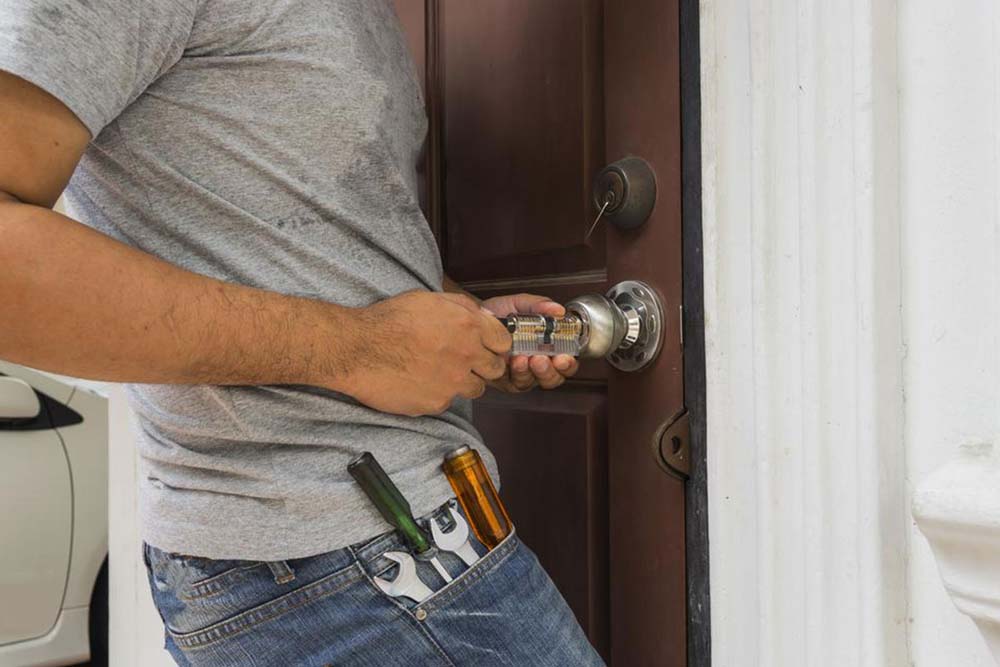Essential Guidance for Future Automotive Locksmiths
Explore essential tips for aspiring automotive locksmiths, including training options, certification importance, and key skill areas. Learn how to start your career with professional coursework, apprenticeships, and industry standards to become a successful locksmith in the automotive sector.

Essential Guidance for Future Automotive Locksmiths
Automotive locksmiths are professionals who assist individuals locked out of their vehicles or homes. Their role often requires availability for emergency calls, making flexibility crucial. Self-employed locksmiths must invest in marketing efforts to attract clients and grow their business.
This career option remains consistently relevant, especially for automotive locksmiths, as vehicle lockouts are common. Aspiring locksmiths should undergo proper training and obtain certification from reputable institutions to succeed in this field.
To become a recognized specialist, certification from a trusted organization is recommended. The most suitable training varies per individual, but some common options include:
Online Locksmith Courses
If resources permit, candidates can enroll in online classes, allowing flexible schedules and learning from home.
Associated Locksmiths of America (ALOA) Courses
Many academies partnered with ALOA offer specialized training. Prospective students can consult the ALOA directory to find nearby institutions and enroll.
On-the-Job Apprenticeships
Working alongside experienced locksmiths provides practical skills and real-world experience, ideal for hands-on learners.
Regardless of the training route, fundamental coursework should include topics such as:
Locksmith basics and introduction
Key identification techniques
Tools used in locksmithing
Types of locks, including tumbler and pad locks
Lock cylinders, drilling, and shimming methods
Entry devices like panic alarms
Basics of lock-picking and re-keying
Impressioning skills
Handling residential and commercial lockouts
Automotive lockouts procedures
Storefront lock functions and replacements
Lock assembly/disassembly
Relevant laws, codes, and duplication regulations
If courses include additional modules on launching a locksmith business or choosing specialization areas, they offer comprehensive preparation. If some topics are missing, students should engage with instructors for tailored curriculum advice.









